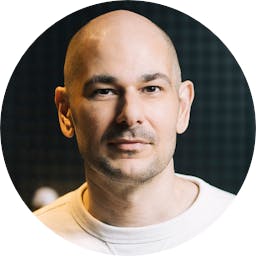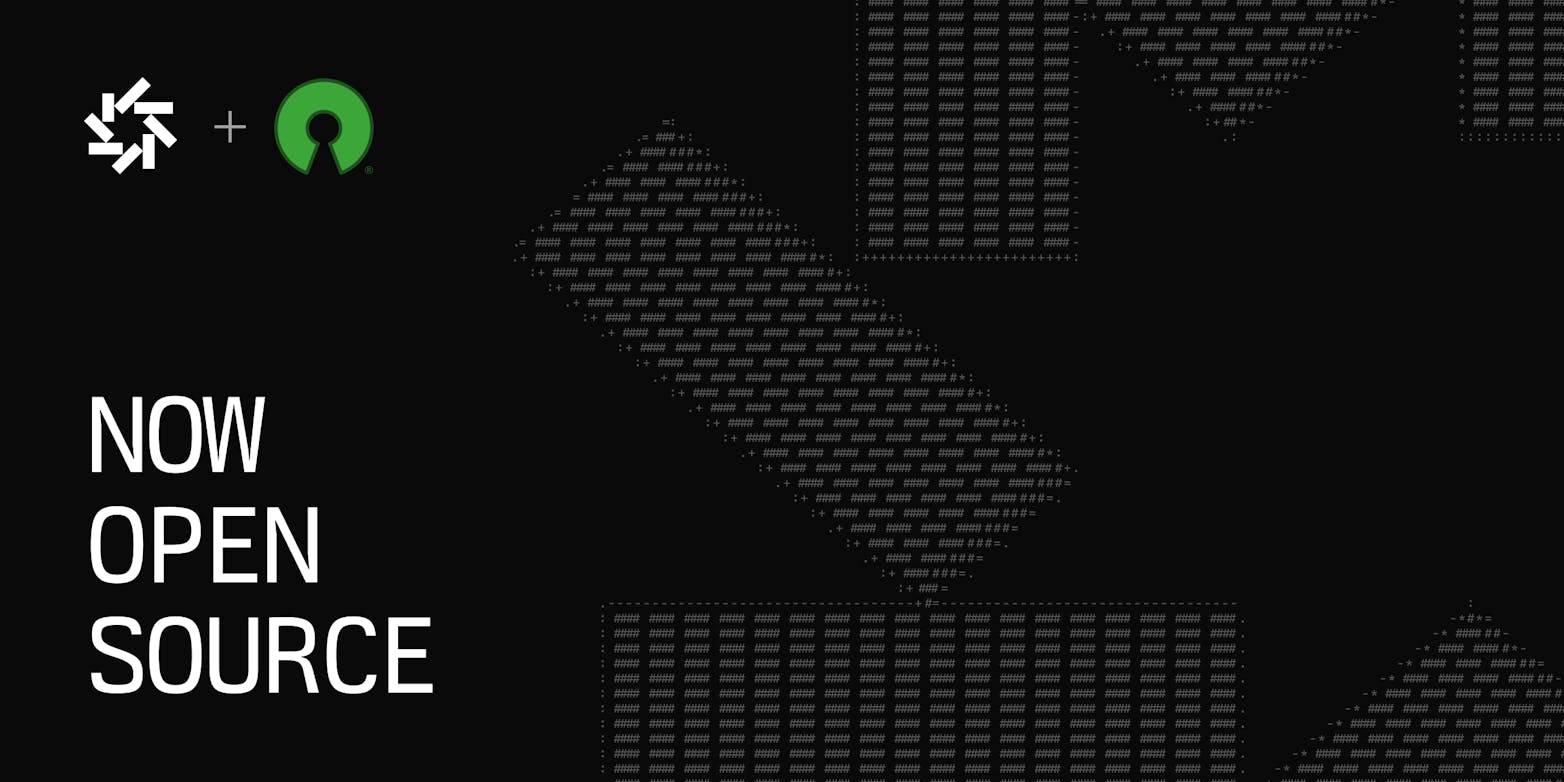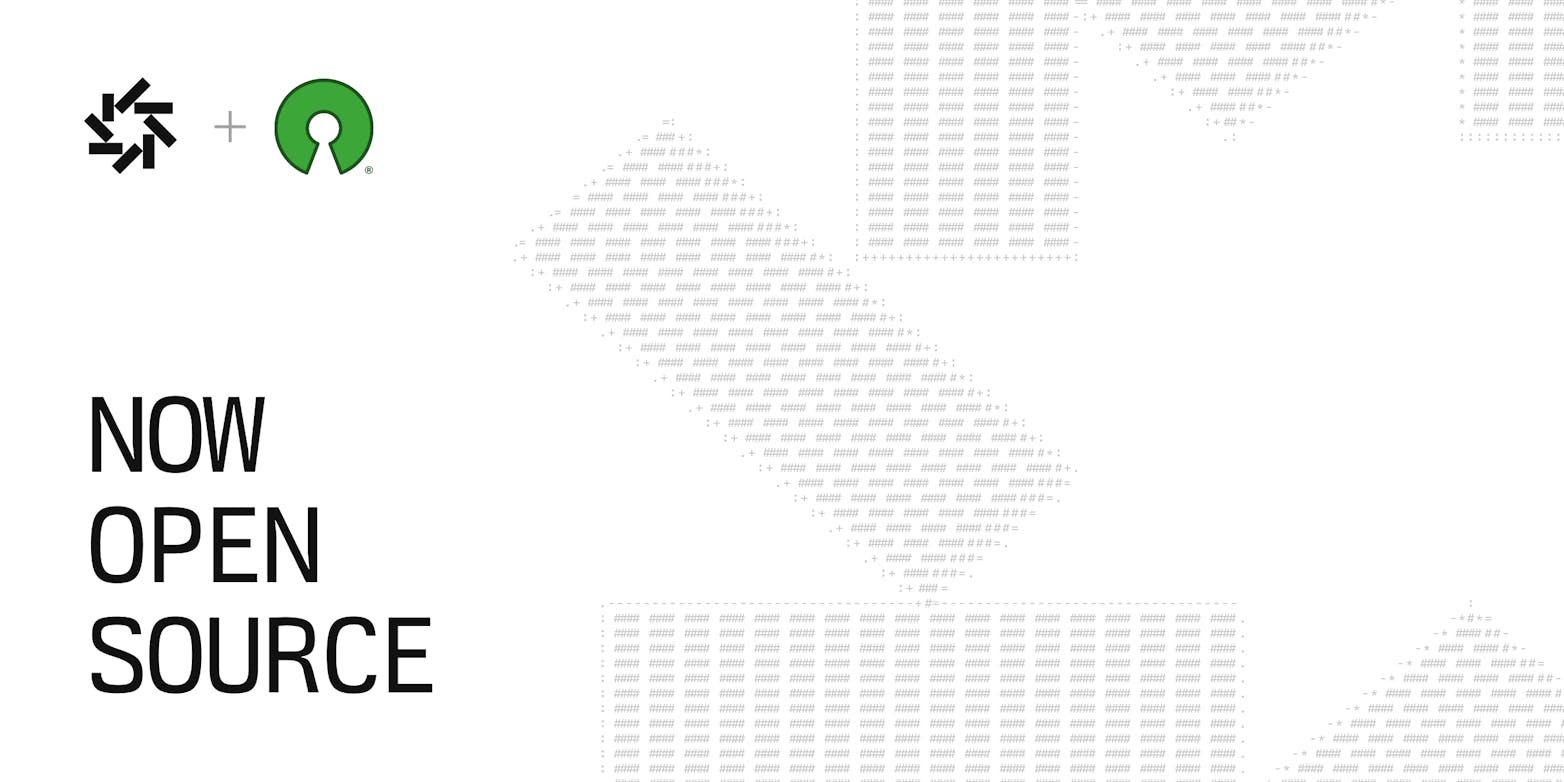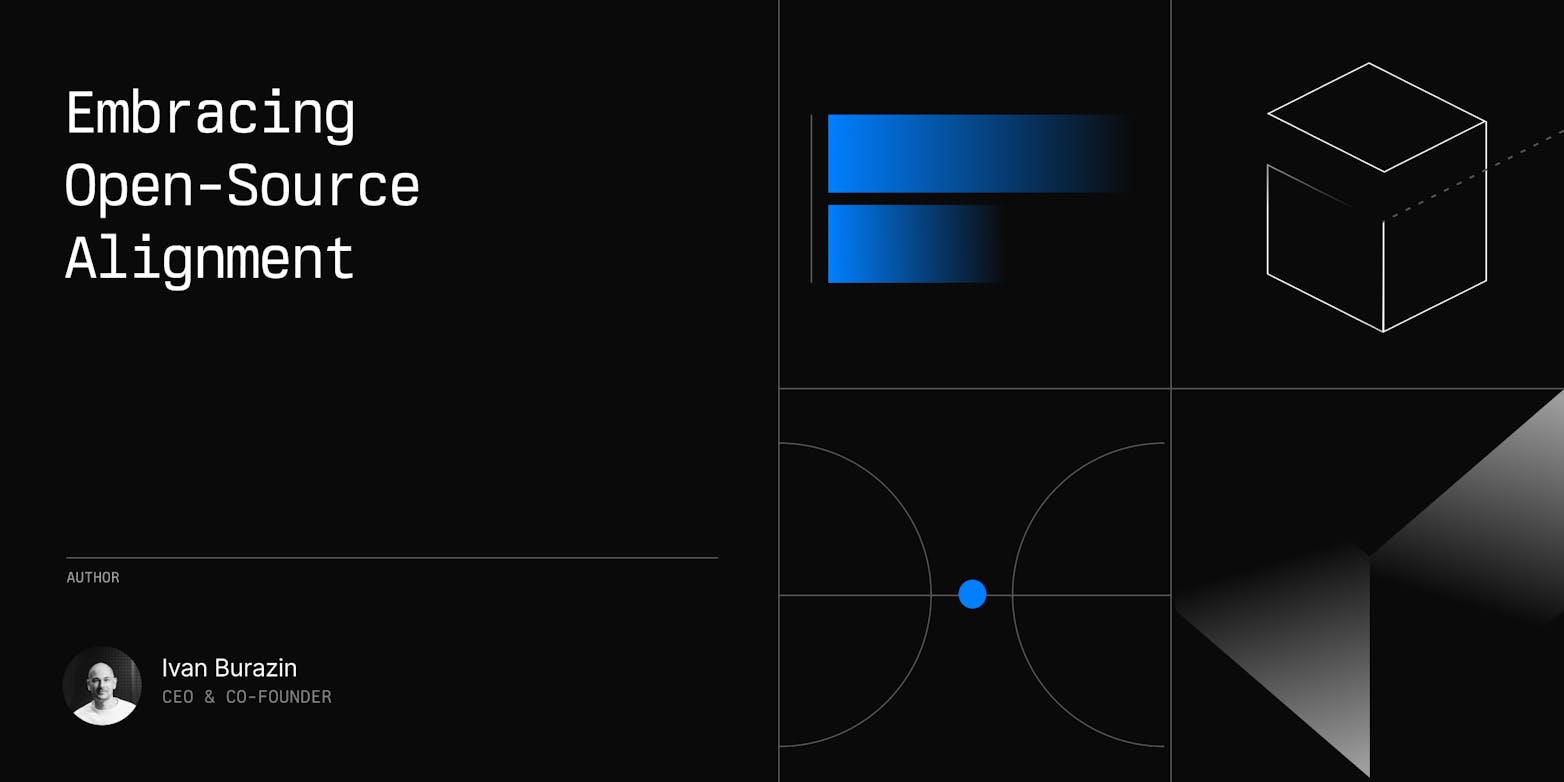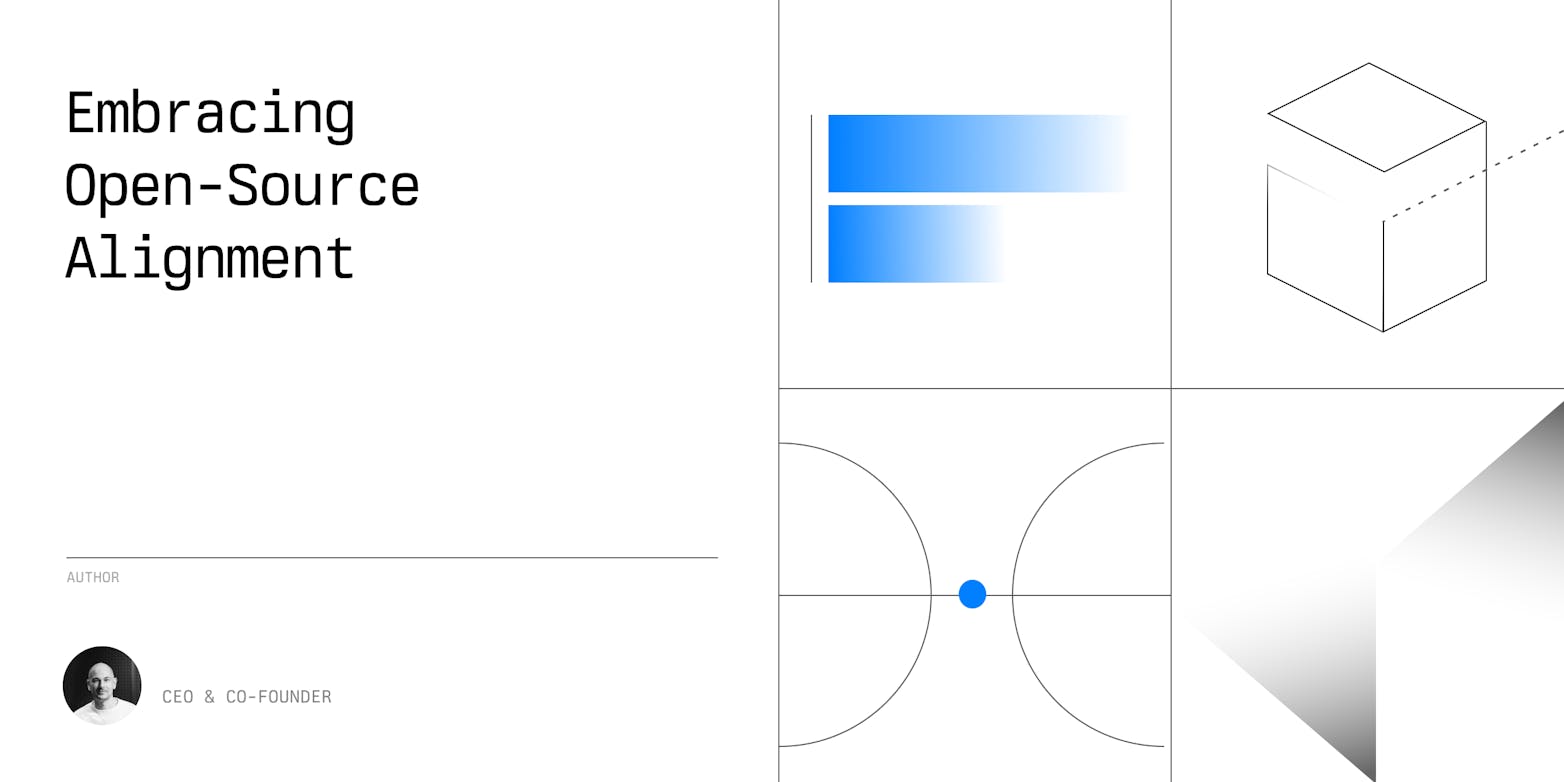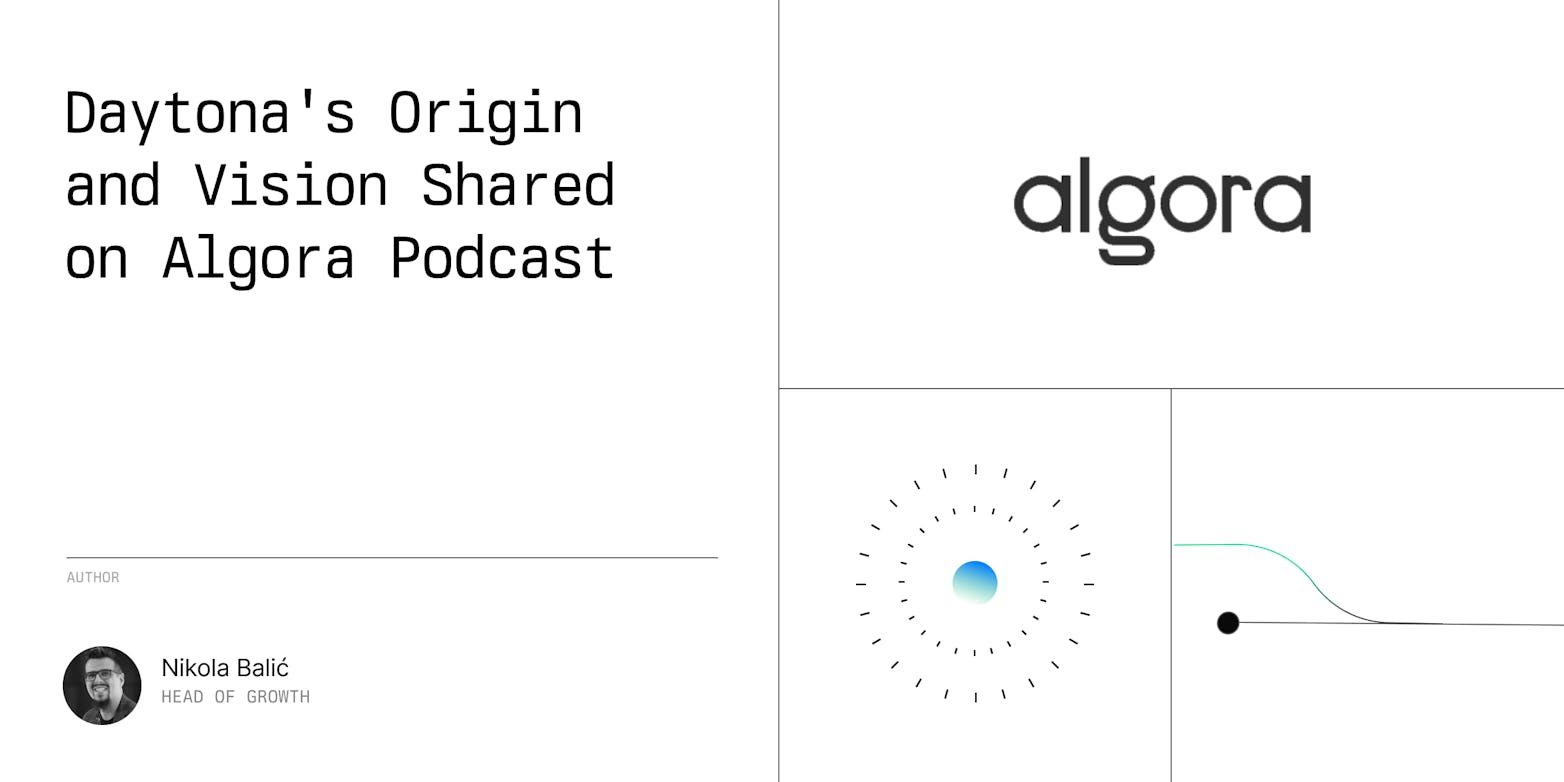The Open Source Startup Podcast, hosted by Amanda Robson and Tim Chen, recently invited me to share Daytona's story. As a leading platform for discussions on building successful open source companies, the podcast has featured founders from HashiCorp, Chronosphere, Vercel, MongoDB, DBT, and mobile.dev, among others.
Being featured on the show alongside other successful open source companies was both humbling and inspiring. The podcast's focus on practical advice and real-world experiences aligns well with our journey at Daytona, making it a great platform to discuss our approach to the challenges and opportunities in the open source space.
As a co-founder, this conversation helped me share the key ideas behind Daytona's growth and strategy. In this article, I'll break down the main points we covered on the podcast. These insights have shaped how Daytona operates in the competitive world of development environments
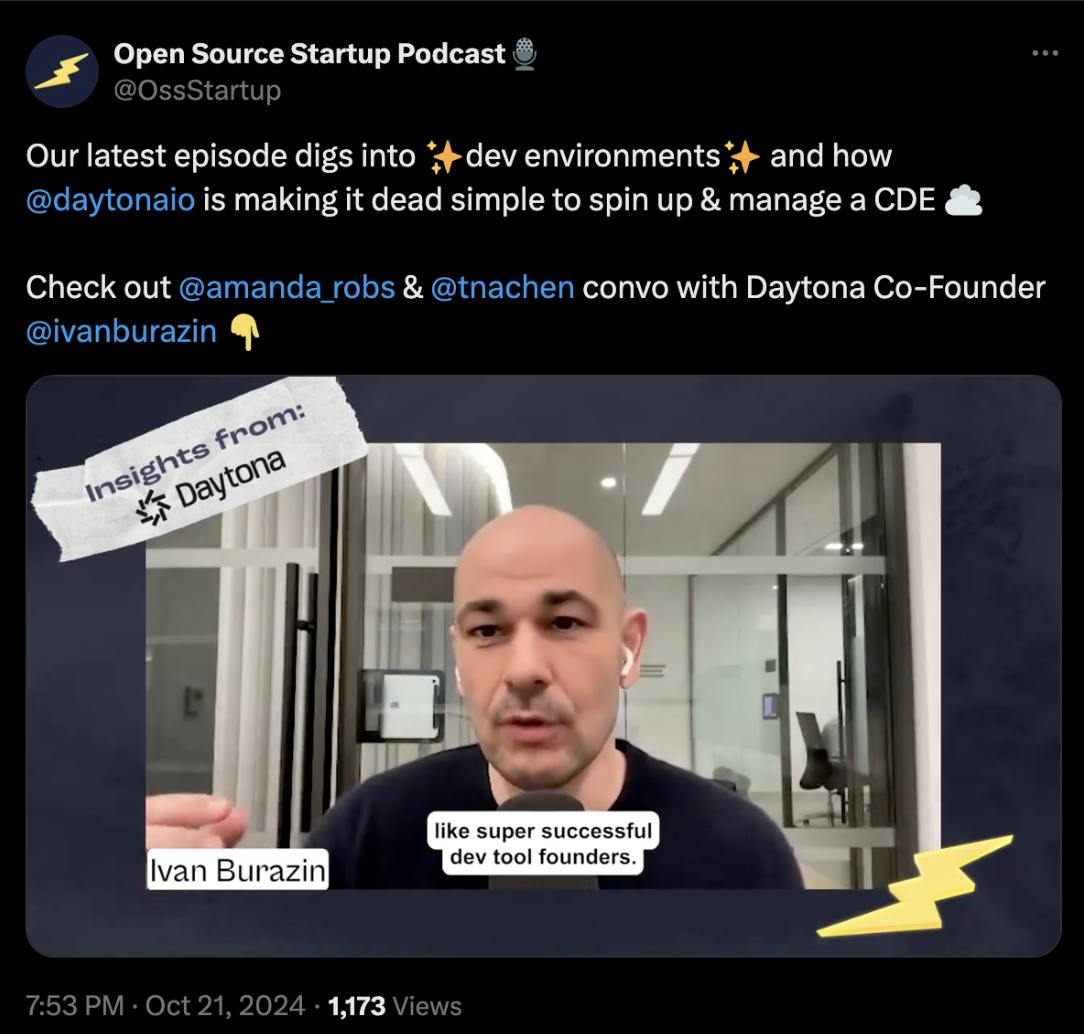
Understanding Our Audience: The User-Buyer Dichotomy
One of our most crucial realizations has been the distinction between users and buyers, especially in the enterprise space. While individual developers use our product daily, it's often the CTO, security team, or engineering managers making purchasing decisions.
This understanding has profoundly impacted our strategy:
Product Development: We ensure our platform meets both developer needs and enterprise requirements.
Marketing: Our messaging speaks to both technical users and decision-makers.
Sales Process: We've adapted our approach to address the concerns of various stakeholders within an organization.
By understanding these different roles, we have been able to create a product that developers love while also meeting the strict requirements of large enterprises.
Strategic Open Source: Building Community and Business
Our approach to open source has been carefully considered. We've chosen to open source a standalone component of our technology that delivers value to individual developers while keeping enterprise features for those that need them. This strategy allows us to:
Contribute to the open source community
Build trust and credibility with developers
Create a pathway for users to discover our enterprise offerings
Maintain a clear route to monetization
We've learned that the choice of license is crucial. By opting for a permissive license (Apache 2.0) for our open source component, we encouraged adoption and contributions while complementing our business interests.
Growth Through Experimentation and Iteration
Our growth strategy revolves around continuous experimentation. We believe in trying various approaches and doubling down on what works. This includes:
Content Creation: regular blog posts and technical articles to demonstrate value
Community Events: hosting and participating in meetups, particularly in the Go community
Open Source Initiatives: projects like devcontainer.ai to solve broader community problems
This iterative process has allowed us to quickly identify effective channels for reaching our target audience without overcommitting resources. We've learned to kill initiatives that don't yield results and to amplify those that do.
Embracing the Enterprise Challenge
As we've moved towards serving large enterprises, we've encountered unique challenges:
On-Prem Deployment: many of our target customers require solutions that can run within their own infrastructure.
Security and Compliance: meeting strict security requirements has become a core part of our product.
Sales Cycle: we have adapted to longer, more complex sales processes typical in enterprise sales.
These challenges have pushed us to evolve our product and our company, making us more resilient and better equipped to serve our target market.
Hear Our Full Story
Our discussion on the Open Source Startup Podcast only scratched the surface of our journey at Daytona. For those interested in diving deeper into our experiences and learning more about building open source companies, I highly recommend checking out the full episode.
This podcast features many other inspiring stories from founders and developers in the open source world. Whether you're a founder, developer, or just curious about open source, this podcast is a valuable resource. Give it a listen - you might just find the inspiration or advice you've been looking for.
